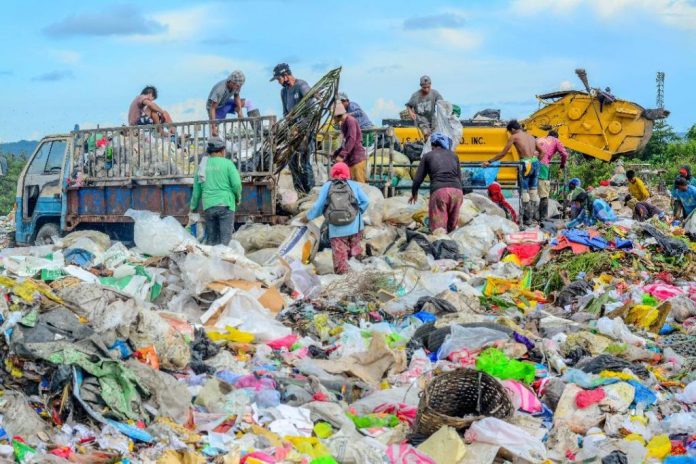
ILOILO City – The city government’s proposed Integrated Solid Waste Management Facility Project has been approved for Project Development and Monitoring Facility (PDMF) support, the Public-Private Partnership (PPP) Center announced.
In a statement, the PPP Center said the PDMF support to be given to the project will include project preparation and transaction advisory services.
“The PDMF support covers the conduct of feasibility studies, project structuring, preparation of tender documents, management of the bid process, and assistance until financial close,” the PPP Center said.
The Integrated Solid Waste Management Facility Project was officially approved on Jan. 9.
It is envisioned to be a sustainable solid waste management solution through segregation, recovery, recycling, treatment, remediation, and possibly waste-to-energy.
The PPP Center said the project is also intended to serve adjoining municipalities of Iloilo province like Oton, Pavia, Leganes, Santa Barbara, and Dumangas.
The PDMF, the PPP Center said, is a revolving fund that supports pre-feasibility studies, feasibility studies, and other necessary pre-investment activities to help develop bankable PPP projects, as well as assistance for effective monitoring of PPP project implementation.
PDMF is available for all national government agencies, government corporations, local implementing entities, and state universities and colleges in the country.
Mayor Jerry Treñas revealed last month that the Integrated Solid Waste Management Facility Project, specifically the waste-to-energy proposal, attracted the interest of four investors.
Treñas, who had an initial meeting with the PPP Center even prior to his June inauguration last year, said he was told the agency was helping the cities of Quezon and Marikina realize waste-to-energy projects and he thought Iloilo City could have one, too.
The city mayor said he also consulted the Department of Environment and Natural Resources about this technology.
“The PPP Center will capacitate our people so we can start the program,” said Treñas.
The PPP scheme is a contractual agreement between the government and a private firm targeted towards financing, designing, implementing, and operating infrastructure facilities and services traditionally provided by the public sector.
The plan to convert solid waste at the city’s Calajunan dumpsite into energy is not new. In fact, in 2014 the city government then under Mayor Jed Patrick Mabilog signed a memorandum of agreement with South Korean firm Dream Engineering Company Ltd. for the establishment of a waste-to-energy project at the city’s waste disposal facility.
The Sangguniang Panlungsod authorized Mabilog to enter into the agreement via Resolution No. 2014-163.
“This joint venture agreement will be beneficial for us especially in helping solve the garbage problem and augmenting the power supply in the city,” Mabilog said during the agreement signing in February 2014.
What happened to that agreement was unclear. It was previously reported that the contract for the solid waste-to-energy plant was for 20 years and renewable.
The city was then collecting around 300 metric tons of garbage daily from six public markets, residential subdivisions, downtown business areas, shopping malls, and streets; 250 metric tons of it was targeted for the Mabilog initiative.
Under the agreement, over six megawatts was expected to be generated: one megawatt would be used to light up the industrial complex while five megawatts would be sold to the city’s power distributor under a power purchase agreement. (With a report from the Philippine News Agency/PN)



